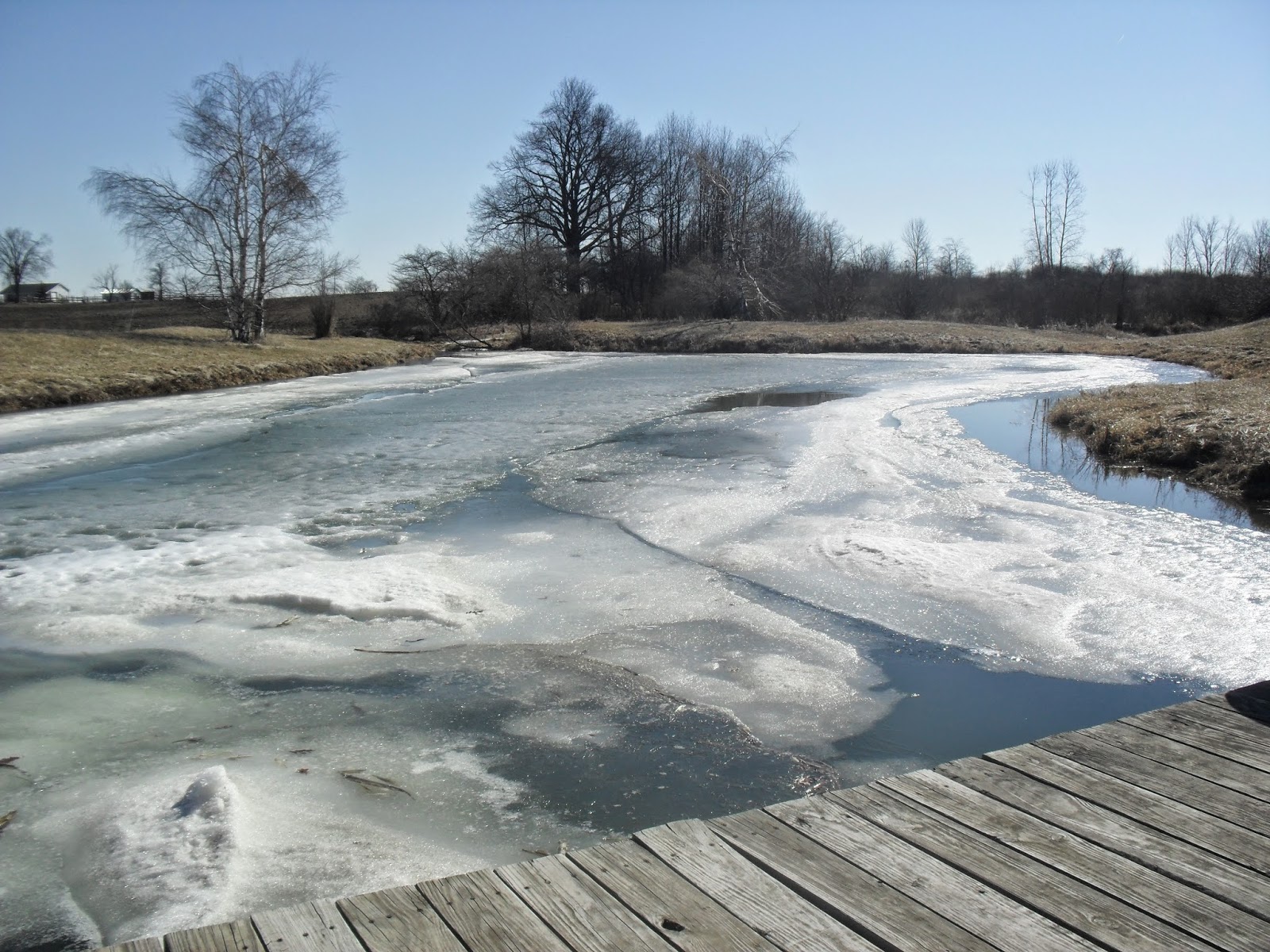Alone for the day. They ask, What are you going
to do in that quiet house, all alone? What will you do with ALL that time?
Shall
I waste it? Daydream and piddle it away? Drink, dance, light candles and
incense, play music and write? Write and write and write? Time well wasted. A beautiful
wasted afternoon.
But dusk gathers, and I’m a chicken farmer as well as a
writer. Eggs are gathered in baskets and await their sorting and boxing, but now I must go outside into the bitter cold one last time to shut the hens in for the night.
In the light of the
quarter moon, the greenhouse glistens like a snow globe and each frosted blade of grass
across the expanse of lawn is an ice crystal twinkling like fairy dust in the
headlights of my pickup. I’m a chicken farmer and winter has arrived at last.
The ground is frozen so my boots won’t sink into the mire that surrounded the
chicken coops from the rain and slush preceding Christmas. There was no hope of
it drying under the gunmetal sky with the low light of the winter
solstice. No hope of a terra firma without the air temperature dipping into the
twenties and staying there. Staying there.
I’m a chicken farmer and with
dusk the chickens are back inside and roosting, and I must shut the coops.
Roosting, they are vulnerable to any creature that might chose to invade the coop under
cover of night: the coons and the skunks, the mink, fox and ground hogs, all
hungry for a tasty chicken on a cold winter’s night, a meal worth the risk of a
foray into populated areas. So I must cross the poultry fence in the light of
the headlights I aimed to light my way. I traipse across the frozen blades of
fairy grass that crunch underfoot like tiny bones to secure the coop, shut out
the varmints and protect the sleeping chickens that turn comatose with the
setting of the sun. Lively creatures by day, they turn silent and immobile by
night, becoming even more defenseless than they naturally are.
The stars that populate
the sky and the moon at half-mast help to light my way and I reach the open
door without tripping over the poultry fence or the feeders or the big stick
one must carry by day to ward off the rooster with his spurs. The hens are
lined up on their roosts like sparrows on a high wire. The white rooster is on
the top rung surrounded by his adoring flock. He lifts his head and gives me a baleful look but doesn't budge from his perch. I slam the door shut and wedge a board against it for added
protection against the crafty coon with crafty hands that can turn handles and
unlatch fences. Sleep settles over the coop buttoned up for the night, and all
are safe. I’m no longer a chicken farmer. I’m a writer.


+005.JPG)
+012.JPG)
+009.JPG)







